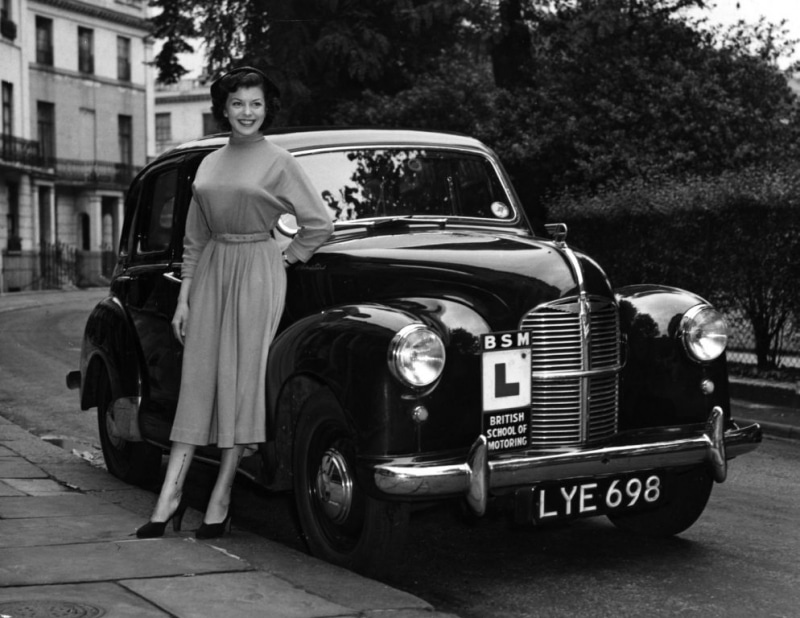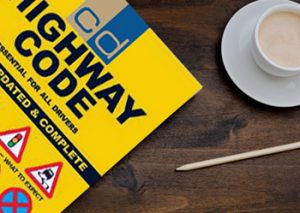Why Choose Us
- Ranked in the top 20 law firms by Trustpilot
- Nationwide Legal Coverage
- Free Consultation
- Fixed Fee Terms
- Competitive Rates
- Flexible Payment Plans
- Trusted Legal Care
- UK’s Leading Motoring Solicitors
4.8 out of 5
Our customers rate us
“EXCELLENT”
AS SEEN ON

16.03.2015
The First Driving test: 80 Years on

80 years ago anyone over 17 could get behind the wheel and yet there wasn’t even a speed limit.
Not surprisingly the result was carnage and it was only a matter of time before some kind of regulation was brought in.
In fact in 1934 alone, 2.4million vehicles were responsible for a record 7,343 deaths. A rate that, had it been maintained to the present day, would mean an annual death toll of more than 100,000 people.
Something had to be done
Incredibly, more Britons had been killed on the roads in the previous three years than on any battlefield during the Napoleonic Wars with France.
Something had to be done and Leslie Hore-Belisha, the newly appointed Minister of Transport who also introduced the Belisha Beacon, believed the answer was to introduce a driving test for all motorists.
The first person to pass the new driving test was a Mr J Beene, who paid seven shillings and sixpence for the privilege (the fee for the practical test remains unchanged in real terms to this day at £62).
As well as a compulsory driving test, other measures were introduced in order to make roads safer, including a 30mph speed limit and a vast extension of the provision of pedestrian crossings.
London had just 219 crossings when the bill was passed but it prompted proposals for a further 1,786 covering 90 miles of radial roads.
So what advice was given to those about to take the new Driving test back in 1934?
In a public information film released in conjunction with the new driving test drivers were told: “If there’s one piece of advice I would offer learners it is, don’t be nervous. Driving tests have one object, to make our roads safe. And the examination is not an inquisition.”
Here is just some of the advice given to new motorists some 80 years ago who were about to take their first driving test.
The years following
By 2013 UK road deaths had fallen to their lowest recorded since car use became popular: 1,713.
In the same year 181,957 were injured, roughly the same number as in 1935, the year the driving test was introduced.
And as a result Britain is now second only to Sweden in having the lowest rate of road deaths in Europe.

Why Choose Us
We have been successfully representing clients in motoring courts nationwide
Contact us for a free consultation, our expert solicitors will be able to discuss your case and advise on legal options.
Birmingham
Bradford
Bristol
Carlisle
Cardiff
Chelmsford
Huddersfield
Hull
Manchester
Liverpool
Leeds
London
Newcastle
Norwich
Nottingham
Sheffield